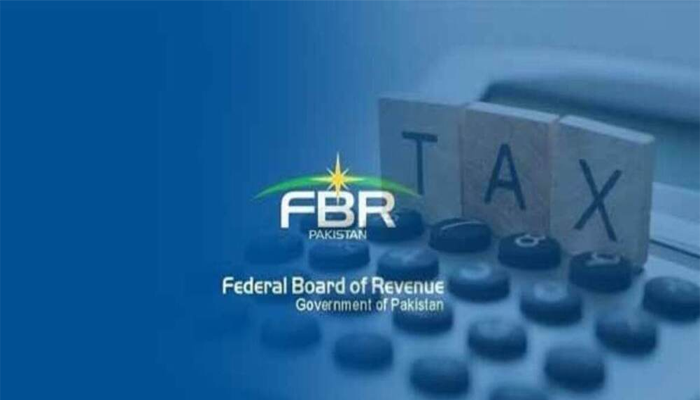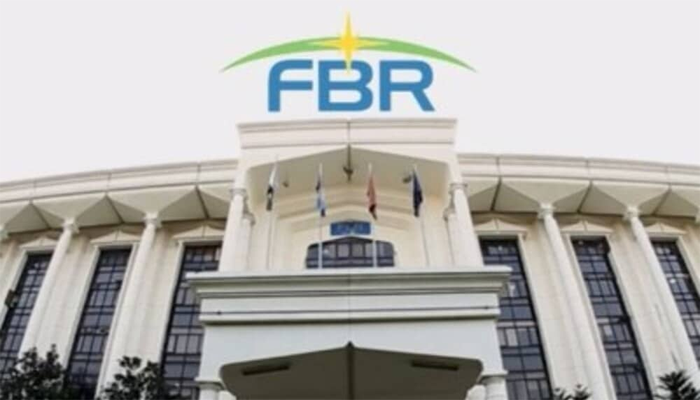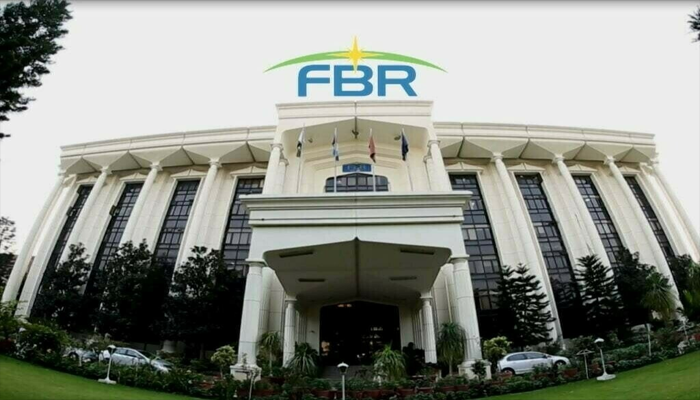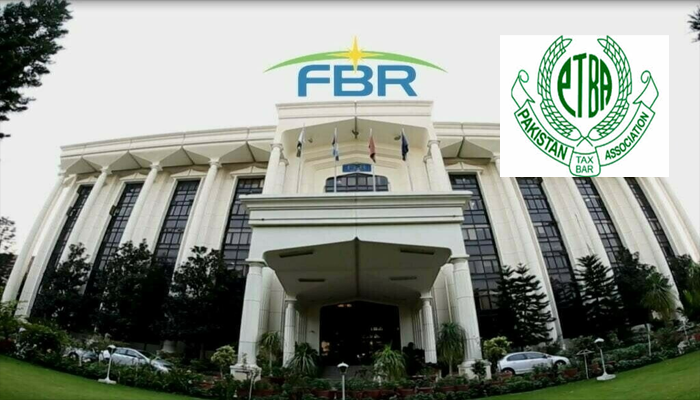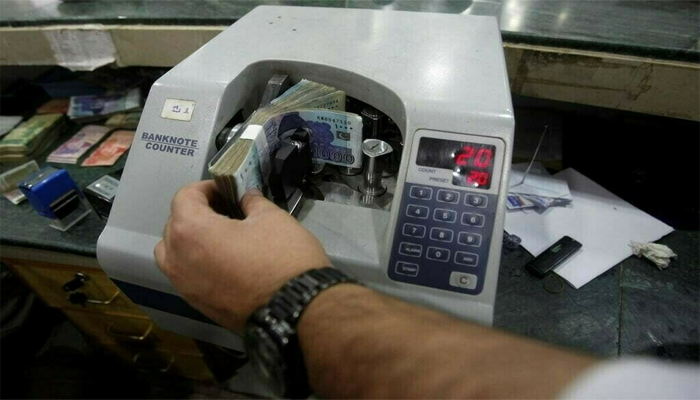ISLAMABAD: Tax collection from property transactions has witnessed a significant rise despite a dip in the number of transactions during the current fiscal year. The Federal Board of Revenue (FBR) has collected Rs169 billion in Withholding Tax (WHT) on the sale and purchase of immovable property in the first nine months (July-March) of the fiscal year 2024-25, marking a 24.3% increase compared to Rs136 billion collected during the same period in the previous fiscal year.
Despite the surge in tax collections, the property market has experienced a decline in the number of transactions. Property deals in Pakistan have dropped by nearly 15% in the current fiscal year. The FBR had anticipated a 50% increase in tax revenue following a significant hike in tax rates in the budget for FY2024-25, but the actual growth stands at 24%, signaling a somewhat slower response from the sector despite the higher tax burden.
Tax Rate Increases Spark Debate
The tax rates on property transactions have seen a dramatic rise over the past few years. Under Section 236C of the Income Tax Ordinance, the tax on the sale of immovable property for tax filers was increased from 1% in 2021 to 3% in 2024, while for non-filers, the tax has increased from 2% to 6%. Similarly, the advance tax on the purchase of immovable property has also risen sharply. In 2021, it stood at 1% for filers and 2% for non-filers, but by 2024, these rates had been raised to 3% for filers and 10.5% for non-filers.
These changes have led to an increase in tax revenue, with Rs.84 billion collected under Section 236C (sale of property) in the first nine months of the current fiscal year, compared to Rs65 billion during the same period last year. Additionally, Rs85 billion was collected under Section 236K (purchase of property), up from Rs71 billion in the previous year.
Despite the increase in tax rates, the number of property transactions has seen a decline. Experts suggest that higher taxes may have led to a cooling of the market, deterring potential buyers and sellers from engaging in property deals.
Salaried Class Leads Tax Contributions
While property taxes have increased, the salaried class continues to contribute the largest share to the national tax revenue. According to government sources, the salaried class has contributed approximately Rs370 billion in taxes during the current fiscal year, surpassing the property sector and exporters in terms of tax contributions. This shift highlights the growing importance of the salaried class in Pakistan’s tax system, which was previously overshadowed by larger, wealthier sectors.
The salaried class now appears to be one of the primary revenue generators for the government, whereas previously, sectors like property and export businesses contributed a larger share of taxes but were not taxed as heavily as the salaried group.
Federal Excise Duty (FED) Review
The government has also moved forward with plans to abolish the Federal Excise Duty (FED) on property transactions. The FED, which was imposed on property transactions in previous years, generated less than Rs2 billion in the first nine months of FY2024-25. As a result, the government has proposed removing this duty, though it is still awaiting approval from the federal cabinet. A summary for the repeal of the FED is expected to be tabled in Parliament, but it may face challenges from the International Monetary Fund (IMF), which could delay its implementation.
Currently, the FED rate for property transactions stands at 3% for filers, 5% for late filers, and 7% for non-filers. If the FED is abolished, it could offer some relief to property investors, though the overall tax burden on property transactions would still remain high due to the increases in WHT.
Future Outlook for Property Sector
The property sector faces an uncertain future as high tax rates continue to impact its activity. Despite the increase in tax revenue, the drop in transactions indicates that investors may be holding off on deals due to the elevated costs of purchasing or selling properties. Moreover, the introduction of a 15% Capital Gains Tax (CGT) on property profits, which will be applicable alongside upcoming income tax returns, could further discourage investment in the property market.
The FBR and the government are closely monitoring the property market to gauge the long-term effects of the tax increases. While the rise in tax revenue is a positive sign for the government, officials are also aware that excessively high taxes may eventually lead to a slowdown in the sector, potentially limiting future growth and investment opportunities. The coming months will be critical in determining whether the property sector can rebound or if the tax burden will continue to dampen market activity.

